Martial Peak Reviews
Eva Simmons' Heart Sick Hate is a compelling exploration of the tangled web of love, hate, and the often blurry line between the two. The novel delves into the complexities of human emotions, particularly when they are intertwined with familial obligations and forbidden desires. At its core, this book is a study of the choices we make and the consequences that inevitably follow.
The protagonist finds herself in a precarious situation, caught between her obligations to her boyfriend and her undeniable attraction to his brother, Crew Kingsley. This love triangle is not just a simple case of forbidden love; it is a deep dive into the psyche of a young woman torn between duty and desire. The blurb sets the stage for a story that promises to be as tumultuous as it is passionate, and Simmons delivers on that promise with a narrative that is both engaging and thought-provoking.
One of the most striking aspects of Heart Sick Hate is its exploration of the theme of addiction—not just to a person, but to the emotions they evoke. The protagonist's relationship with Crew is described as an addiction, a powerful metaphor for the way toxic relationships can consume and control us. This theme is expertly woven throughout the narrative, providing a lens through which readers can examine their own experiences with love and hate.
Character development is another strong suit of Simmons' writing. Crew Kingsley is not your typical romantic hero. He is portrayed as a complex character, driven by a desire not to win love, but to steal it. This portrayal challenges the conventional narrative of the romantic hero and adds depth to Crew's character. His motivations are not purely evil; they are rooted in a deep-seated need for validation and control, making him a more relatable and human character.
The protagonist, too, is a well-rounded character. Her internal struggle is palpable, and Simmons does an excellent job of capturing the nuances of her emotions. The choice she faces is not just between two men, but between two versions of herself—one that adheres to societal expectations and one that follows her heart. This internal conflict is a universal theme that resonates with readers, making her journey all the more compelling.
In terms of narrative style, Simmons employs a writing style that is both lyrical and raw. Her prose captures the intensity of the characters' emotions, drawing readers into their world. The pacing of the story is well-balanced, with moments of tension and release that keep readers engaged from start to finish. The dialogue is sharp and realistic, adding to the authenticity of the characters and their relationships.
Comparatively, Heart Sick Hate shares thematic similarities with works by authors like Penelope Douglas and L.J. Shen, who are known for their exploration of dark and complex relationships. However, Simmons brings her unique voice to the genre, offering a fresh perspective on the themes of love, hate, and redemption. Her ability to blend romance with psychological depth sets her apart from her contemporaries.
The overall impact of Heart Sick Hate is one of introspection and reflection. It challenges readers to consider the nature of their own relationships and the choices they make. The novel's ending, while not entirely predictable, offers a satisfying resolution that stays true to the characters and their journeys. It leaves readers with a sense of hope and the reminder that even in the darkest of situations, there is always the possibility of change and redemption.
In conclusion, Eva Simmons' Heart Sick Hate is a powerful and thought-provoking novel that explores the complexities of love and hate. With its well-developed characters, engaging narrative, and exploration of universal themes, it is a must-read for fans of contemporary romance and psychological drama. Simmons has crafted a story that is both entertaining and enlightening, making it a standout addition to the genre.




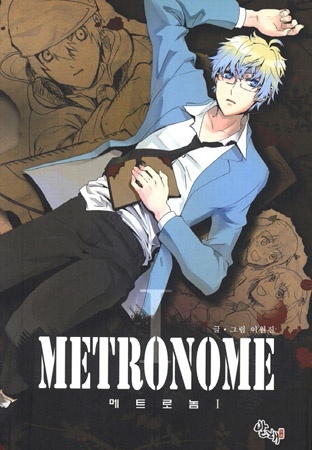

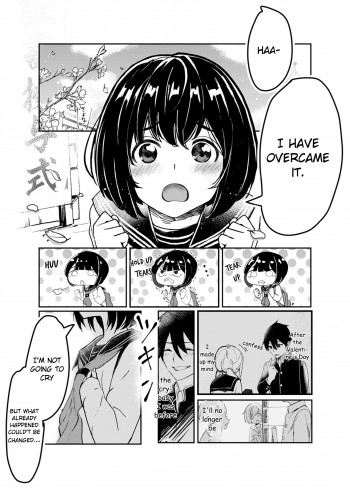
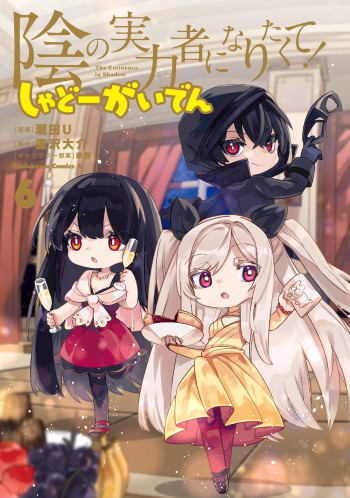
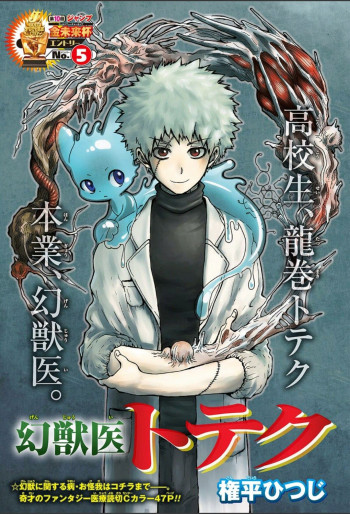
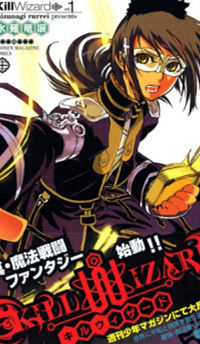

![I Became the Young Villain's Sister-in-Law [Official]](/upload/pic/manga/i-became-the-young-villains-sister-in-law--official-.jpg)
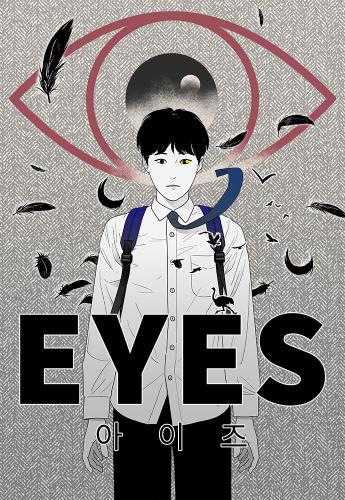
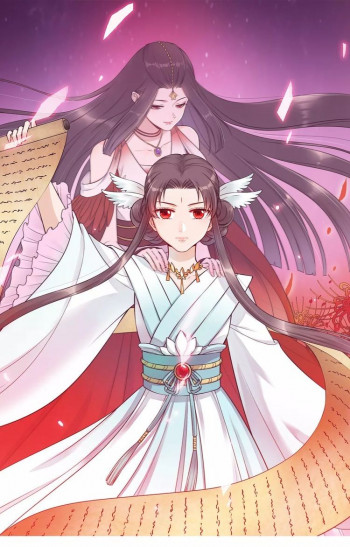










Reviews 0
Post a Reviews: